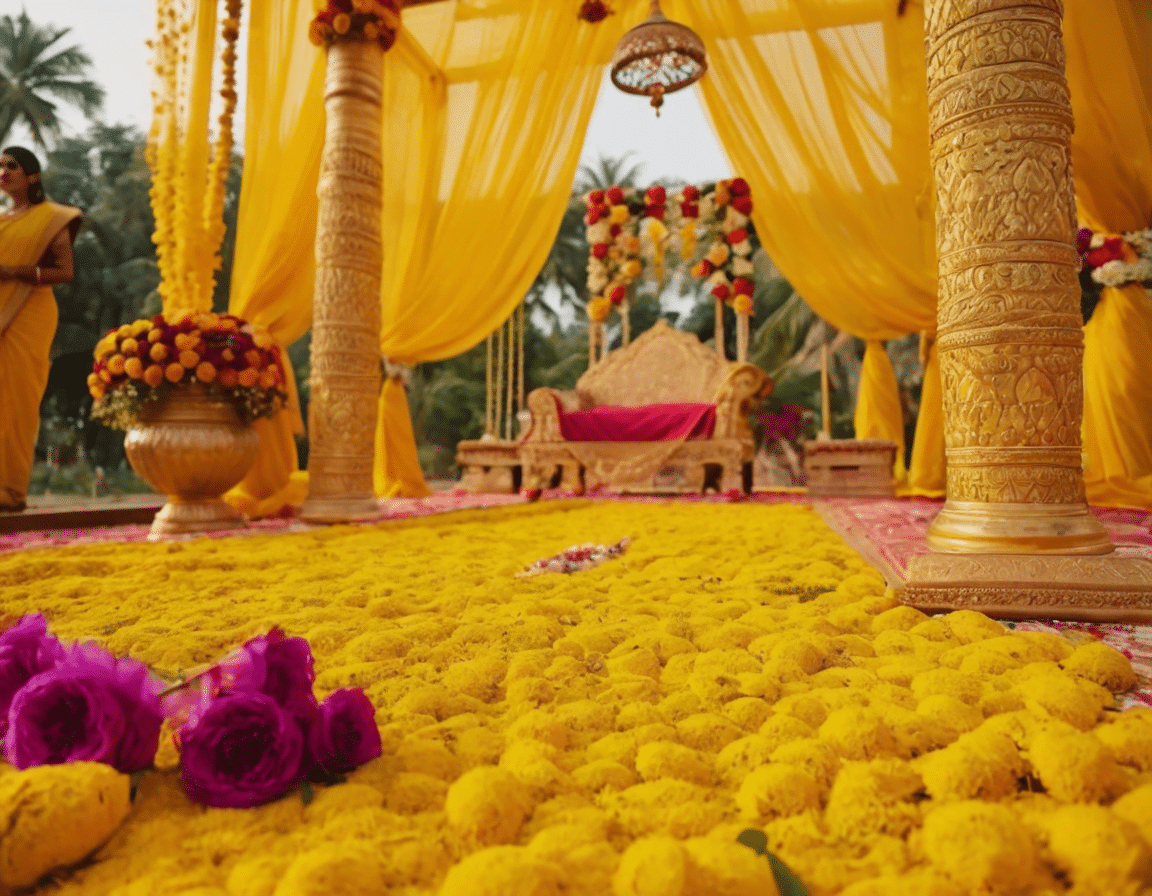The Ultimate Tips to Flawless Event Planning in India – India is a land of vibrant celebrations, rich cultural heritage, and grand festivities. From lavish weddings to corporate conferences and cultural extravaganzas, events in India are not just occasions, but experiences that leave a lasting impression.
As an event planner, navigating the diverse landscape of Indian events can be both exciting and challenging. In this comprehensive guide, we’ll unlock the secrets to successful event planning in India, helping you create unforgettable experiences that cater to the unique preferences of the Indian audience.
The Ultimate Tips to Flawless Event Planning in India
Understanding the Indian Event Landscape
India is a melting pot of diverse cultures, traditions, and preferences when it comes to events.
From the grand, multi-day weddings of the north to the intimate, ritually-rich ceremonies of the south, each region has its own unique flavor.
Corporate events in India often incorporate elements of Indian culture, such as traditional dance performances or fusion cuisine, to create a memorable experience for attendees.
Cultural festivals, such as Diwali, Holi, and Dussehra, are celebrated with great fervor across the country, offering event planners a chance to showcase the vibrant spirit of India.
Setting Clear Objectives
Before embarking on your event planning journey, it’s crucial to define the purpose of the event and identify your target audience.
Are you organizing a corporate conference to showcase your brand’s thought leadership? A wedding that celebrates the union of two families? Or a cultural festival that brings together communities?
Understanding the event’s objectives will help you tailor your planning approach and ensure that every element aligns with the desired outcome.
Budgeting for Success
Budgeting is the backbone of successful event planning. In India, event budgets can vary significantly depending on the type of event, location, and the level of customization required.
When creating your budget, consider factors such as venue rental, catering, decor, entertainment, and transportation.
Allocate funds for unexpected expenses and be prepared to negotiate with vendors to maximize value. Remember, the key to budgeting success is to strike a balance between quality and cost-effectiveness.
Choosing the Perfect Venue
The venue sets the tone for your event and can make or break the attendee experience. When selecting a venue in India, consider factors such as capacity, location, accessibility, and facilities.
From grand palace hotels to intimate heritage properties, India offers a wide range of unique venues that cater to different event types.
Research extensively to find a venue that aligns with your event’s theme and budget, and ensure that it has the necessary infrastructure to support your event’s requirements.
Creating an Engaging Agenda
A well-structured agenda is the backbone of a successful event.
When crafting your agenda, consider the attention span of your audience and incorporate a mix of informative sessions, interactive activities, and cultural elements.
For corporate events, include networking opportunities and team-building exercises to foster collaboration and camaraderie among attendees.
For weddings and cultural festivals, incorporate traditional rituals and performances to showcase the richness of Indian culture.
Marketing Your Event
In today’s digital age, effective marketing is crucial for generating interest and driving attendance.
Leverage social media platforms, such as Facebook, Instagram, and LinkedIn, to create a buzz around your event.
Engage with your target audience through targeted advertising, influencer collaborations, and interactive content.
Collaborate with local media outlets and industry publications to amplify your event’s reach and establish your brand as a thought leader in the event planning industry.
Logistics and Coordination
Flawless execution is the hallmark of a successful event. In India, event planning often involves coordinating with multiple vendors, managing complex logistics, and adapting to unexpected challenges.
Create a detailed checklist to ensure that every aspect of your event is covered, from catering and transportation to audiovisual requirements and on-site security.
Establish clear communication channels with your team and vendors, and be prepared to make quick decisions on the day of the event to ensure a seamless experience for your attendees.
Post-Event Evaluation
The journey of event planning doesn’t end with the successful execution of the event.
Gathering feedback from attendees and evaluating the event’s success is crucial for improving your planning process and delivering even better experiences in the future.
Conduct surveys, gather testimonials, and analyze data to assess the event’s impact and identify areas for improvement.
Use this information to refine your strategies, update your processes, and stay ahead of the curve in the ever-evolving world of event planning.
Also Read: Auspicious Wedding Dates in 2024
Also Read: When to Start Planning Your Wedding? A Comprehensive Guide
Conclusion
Event planning in India is an art that requires a perfect blend of creativity, cultural sensitivity, and meticulous execution.
By understanding the unique preferences of the Indian audience, setting clear objectives, and mastering the art of budgeting, venue selection, and marketing, you can unlock the secrets to successful event planning in India.
Remember, every event is a canvas waiting to be painted with the vibrant colors of Indian culture, and as an event planner, you have the power to create experiences that leave a lasting impression on your attendees.
So, embrace the challenge, unleash your creativity, and get ready to transform your events into unforgettable experiences that celebrate the spirit of India.
Sources:


